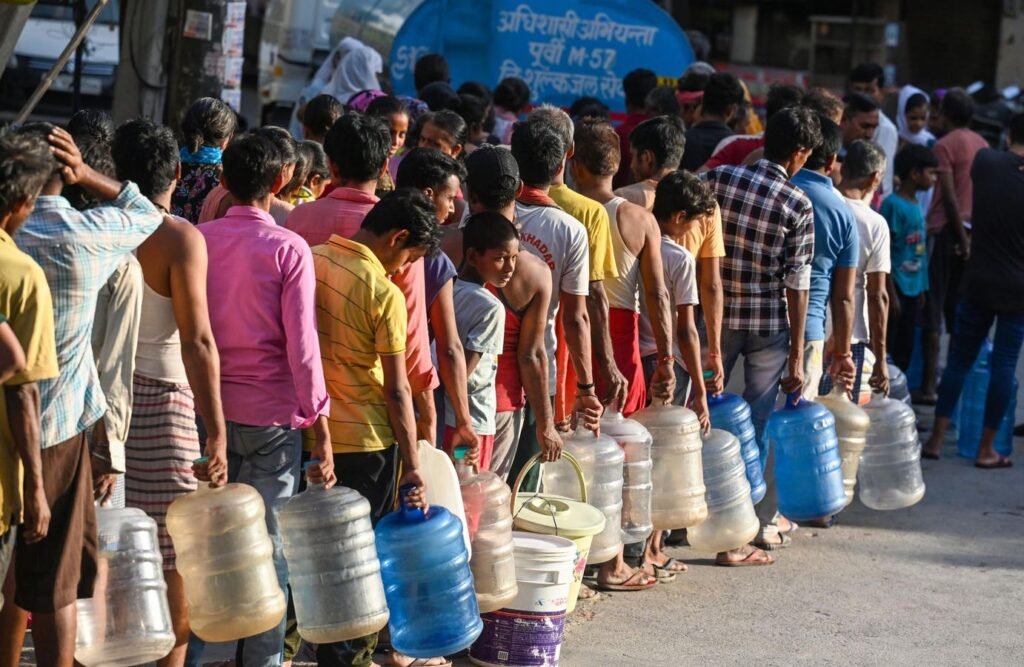Temperatures in Delhi, India have reached over 50°C, resulting in thousands being hospitalized and a rising death toll, highlighting the public health hazards posed by climate change. Similarly, unprecedented flooding in Brazil has led to the evacuation of entire cities, with infrastructure being destroyed and the main airport closed indefinitely. Meanwhile, hundreds have died during the Hajj pilgrimage in Saudi Arabia. These events underscore the urgent need for action on climate change, as it is changing where and how we live and impacting communities globally.
The European Parliament elections have shown a shift to the right in politics, with French President Emmanuel Macron dissolving the national parliament following the results. The discourse on climate change is more crucial than ever, as the time for action is running out. Accelerated decision-making on climate change tends to be slower during periods of political volatility, and growing polarization within societies poses a risk to the climate community itself, necessitating informed and collaborative efforts to address the issue.
The environmental movement has grown significantly over the past few decades, with a diverse group of stakeholders now advocating for climate action. This includes government representatives, indigenous leaders, scientists, corporate leaders, journalists, and individuals from various social backgrounds. However, differences in approaches and tactics must not lead to ideological divisions within the community. It is essential to focus on the shared goal of stabilizing the climate and restoring nature, while recognizing the importance of diverse perspectives in addressing climate challenges.
Despite skepticism towards corporate commitments to decarbonization, many businesses are actively investing in innovative solutions and transitioning to green models. However, barriers such as policy constraints and customer preferences for non-green products continue to hinder progress. Collaboration between businesses, policymakers, and the climate community is crucial to accelerate the transition to a low-carbon economy and overcome these obstacles. It is essential to recognize and incentivize companies that are taking genuine climate action, while pushing laggards to step up their efforts.
Efforts to combat climate change and restore nature are becoming more detailed and nuanced, with policies at national and local levels increasingly influenced by business decisions and societal attitudes towards change. Collaboration across multiple layers – including business, government, and civil society – is crucial in achieving the goals of the Paris Agreement. The exclusion of corporate approaches to climate action can lead to a skewed perception of where solutions lie, and simplistic anti-business sentiment hinders progress. Continuous improvement, adaptive strategies, and inclusive collaboration are essential in tackling the climate crisis effectively.
Despite the challenges and complexities involved in transitioning to a sustainable future, there is a pressing need for collective action and commitment to addressing the climate crisis. The urgency of the situation demands practical, heuristic solutions that may not be perfect but are effective in addressing immediate challenges. Debates should not hinder progress, and a focus on continuous improvement and adaptation is essential. It is evident that the leadership, innovation, and financial resources of businesses are essential in achieving the goals of the Paris Agreement, and collaboration across sectors is crucial in driving meaningful change towards a sustainable future.












